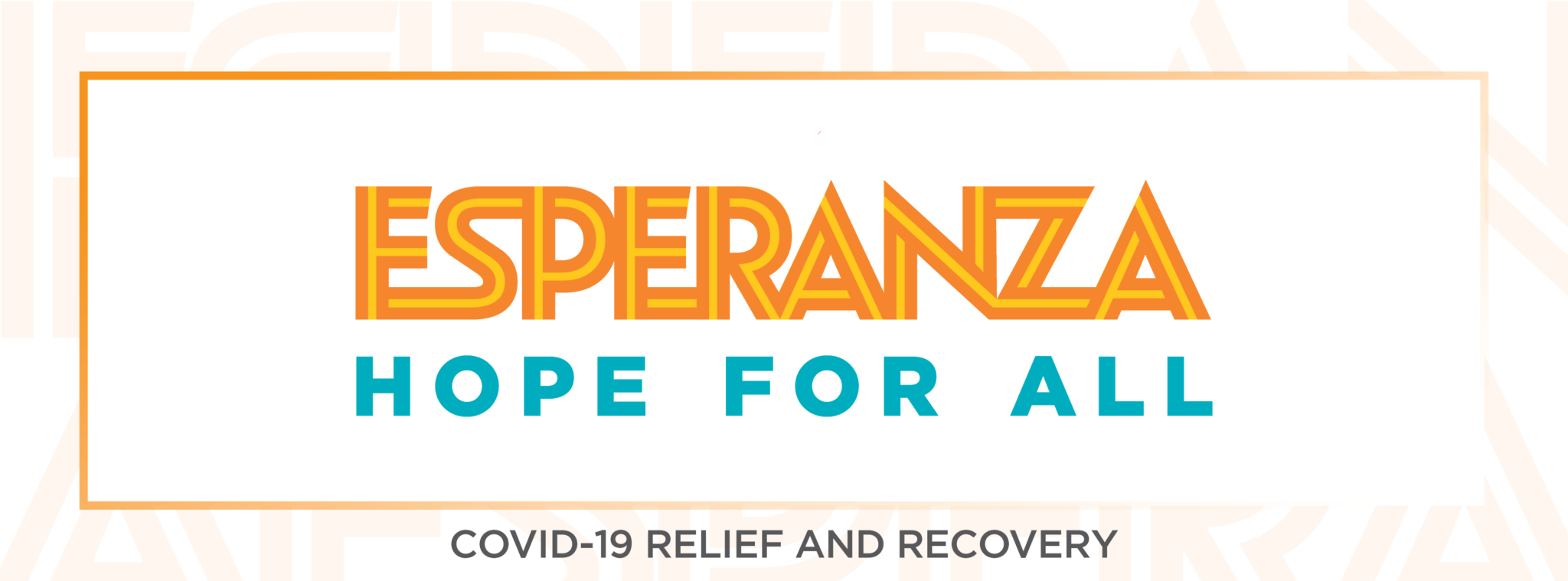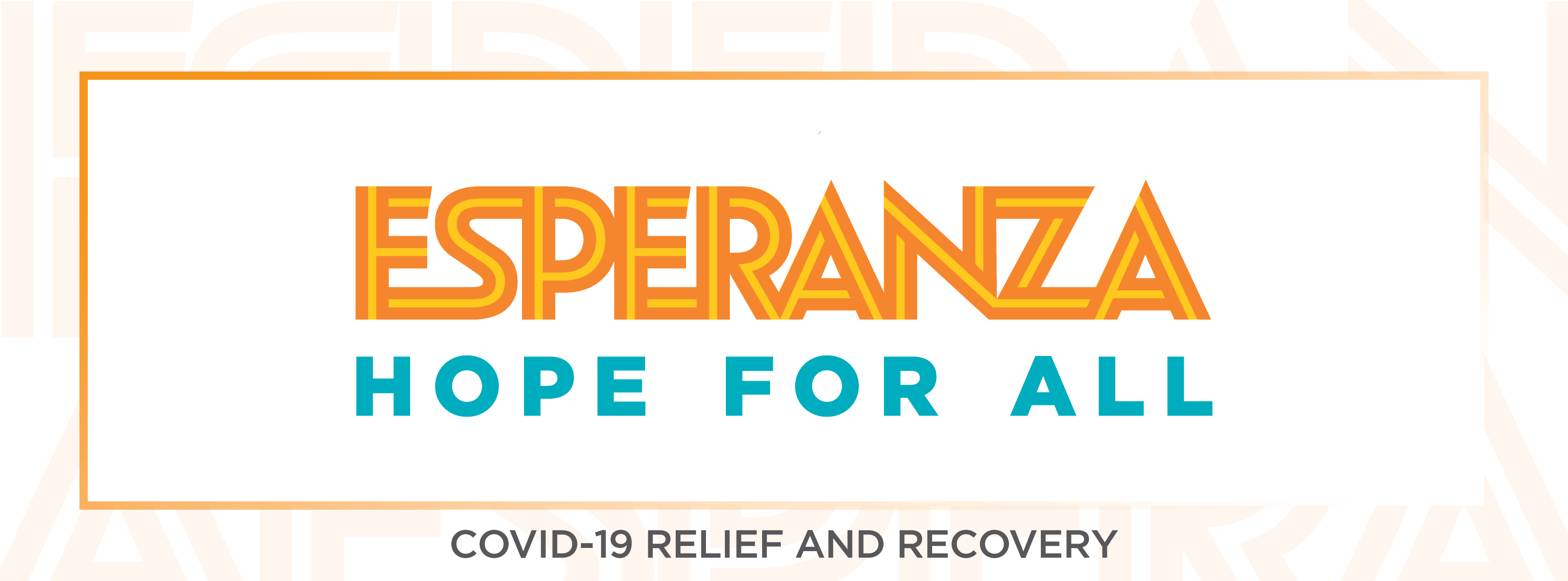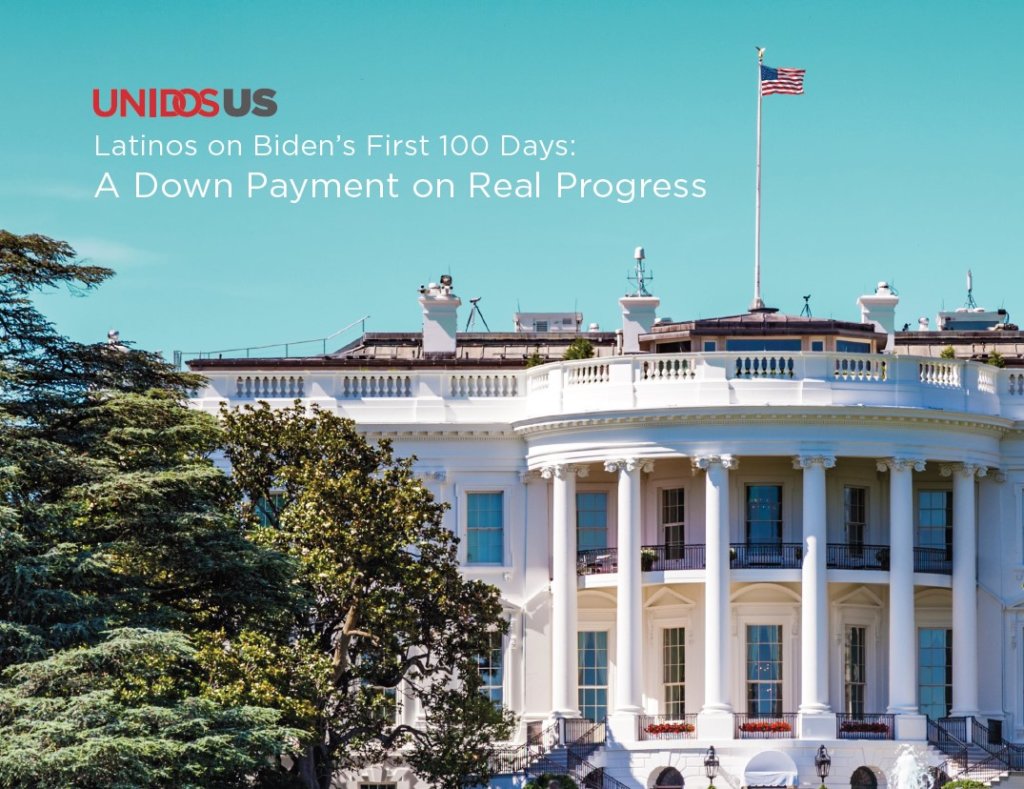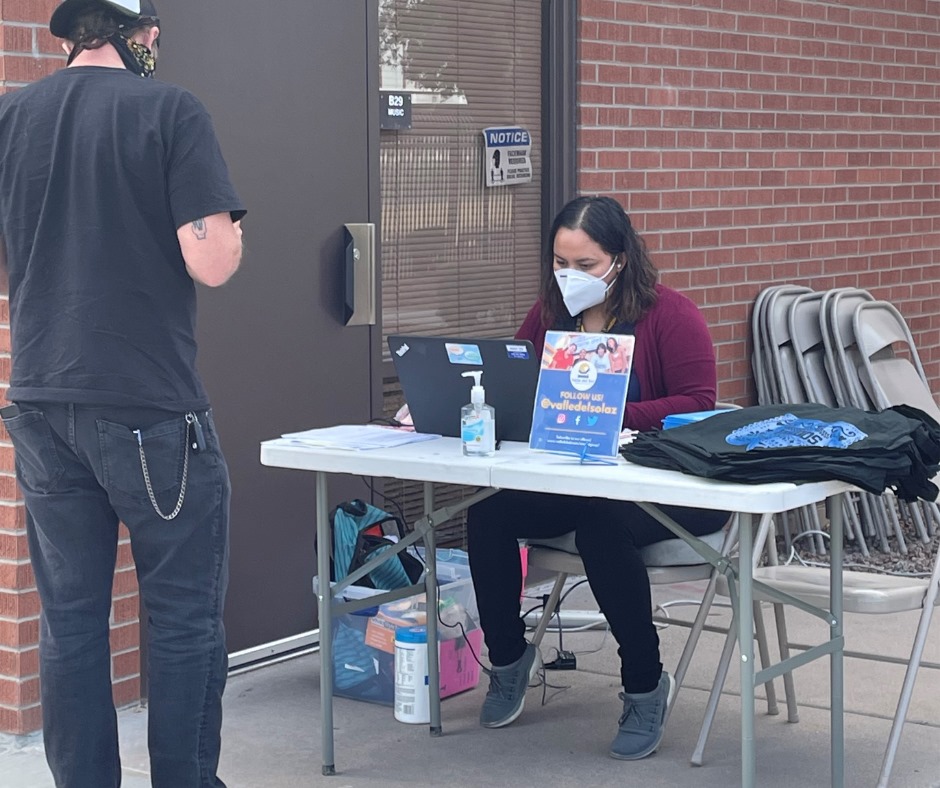The help Latino parents needed: Padres Comprometidos Ed-Tech
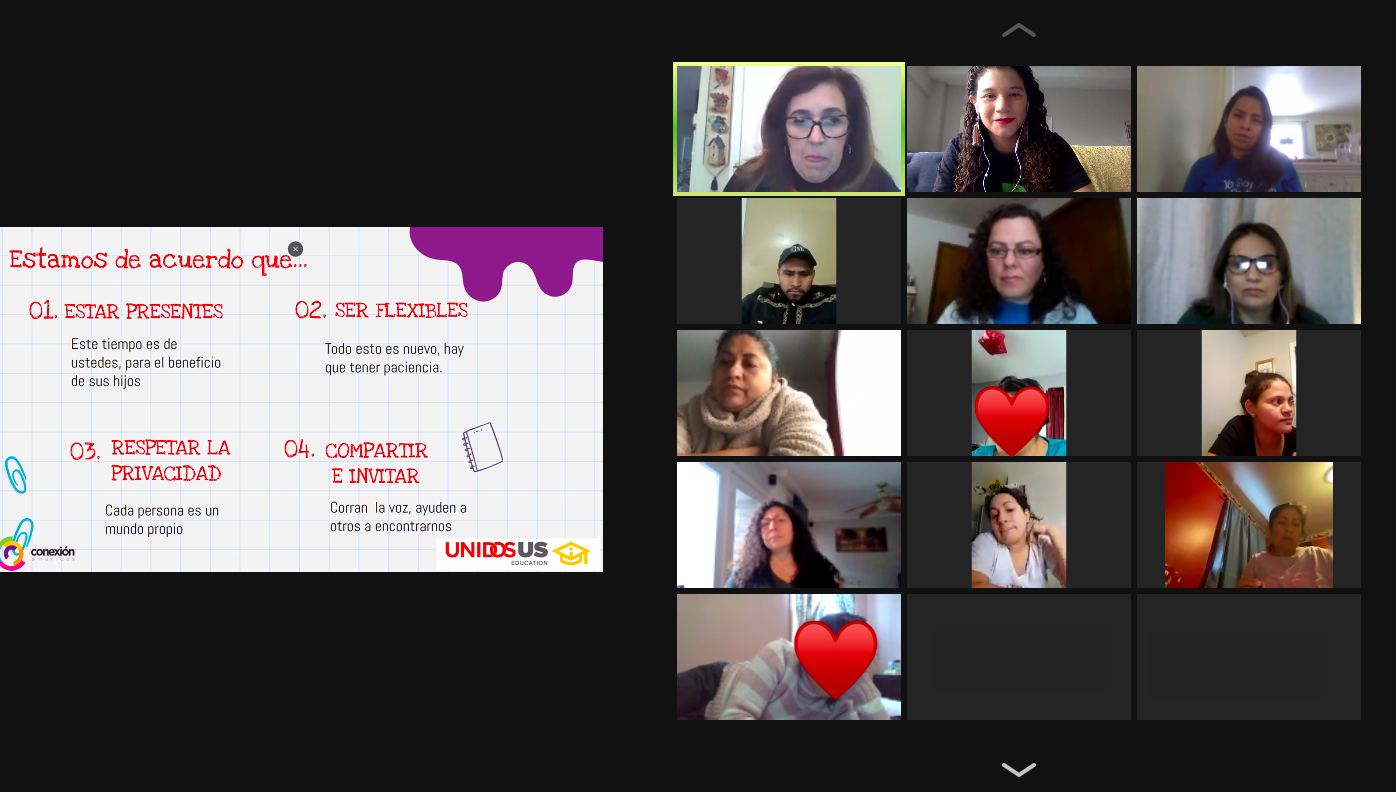
“I was feeling anxiety,” José L. Rodríguez, Director of Parent and Community Engagement at UnidosUS says. When the COVID-19 pandemic hit, as a former teacher, Rodríguez knew Latino parents were going to struggle. The digital divide is a reality for Hispanic families, and moving to a world where most activities, including children’s schooling, would be online, made José uneasy. That feeling didn’t paralyze him, though; on the contrary, it made him work for a solid month to create the Padres Comprometidos Ed-Tech curriculum (PC Ed-Tech). The result? Two cohorts of parents trained in digital literacy in half a year through UnidosUS’s Esperanza Hope for All campaign. Here are their stories of accomplishment and success.
By Beatriz Paniego-Béjar, Content Specialist, UnidosUS
A 2019 study by the Pew Research Center found that Latinos are “less likely than whites to say they own a traditional computer or have high speed internet at home,” and a quarter of them said that they had “smartphone only” access to the internet. In April of last year, when the pandemic started to surge, SOMOS conducted another survey, which proved José’s fears.
The survey showed that 37% of Latino households had either no broadband internet connection or connect only through their phone. Thirty-two percent of the families that were home-schooling reported not having enough computers for their children to use, and 35% faced technical problems connecting. What made the issue even more complicated was the struggles parents went through in helping their children: “50% of Latino parents report having difficulty helping their kids with unfamiliar material and 58% are having problems communicating with teachers.”
It was in this environment that “Padres Comprometidos Ed-Tech: Using Educational Technology to Support Student Success” was planned, developed, and implemented.
 José Rodríguez dug out old books he had bought years ago touching upon the topic of the 21st century education: “We had the apparatus, but we weren’t ready to implement it,” he shares. The pandemic pushed the team at the national organization to get there, and “it was impressive to see how parents adapted. This is how Padres Comprometidos Ed-Tech was born.”
José Rodríguez dug out old books he had bought years ago touching upon the topic of the 21st century education: “We had the apparatus, but we weren’t ready to implement it,” he shares. The pandemic pushed the team at the national organization to get there, and “it was impressive to see how parents adapted. This is how Padres Comprometidos Ed-Tech was born.”
A place at the table
Ten Affiliates from the UnidosUS Network were trained at the end of 2020 to implement this curriculum in their new Padres Comprometidos cohort. Organizations from Arizona (Amistades, Inc.), California (Building Skills Partnerships, Para Los Niños, El Sol Academy), Florida (Mexican American Council), Illinois (Gads Hill Center), Missouri (Guadalupe Centers Schools), New York (Amber Charter School), Ohio (El Centro de Servicios Sociales), and Tennesse (Conexión Américas) worked closely with the UnidosUS team to learn how to best support families in their community dealing with the challenge of home-schooling and digital learning.
More than 350 graduated from the program, where they learned the ways the world was working now, from how to download Zoom, to joining meetings, to learning the platforms that their children were usisng to attend classes. And these moms and dads excelled at it: “Everything I learned here at PC Ed-Tech is going to be very useful to me, how to check my children’s grades, how to go in and participate in meetings, etc.” This is Rosa Díaz, a client of UnidosUS Affiliate Mexican American Council (MAC). Rosa is a mother of two who arrived in the United States in 2004 from Quetzaltenango de los Altos, Guatemala, to work as a farmworker. At MAC, she was recognized as one of the success stories of PC Ed-Tech.
Norma Ramírez, from Amistades, Inc., was interested in the program because it was going to provide her information on how to use Zoom and other ideas on how to be involved in her children’s school. It was very important and impactful to her to learn that, even though schools were teaching remotely, she could still participate in school meetings and have a place at the table.
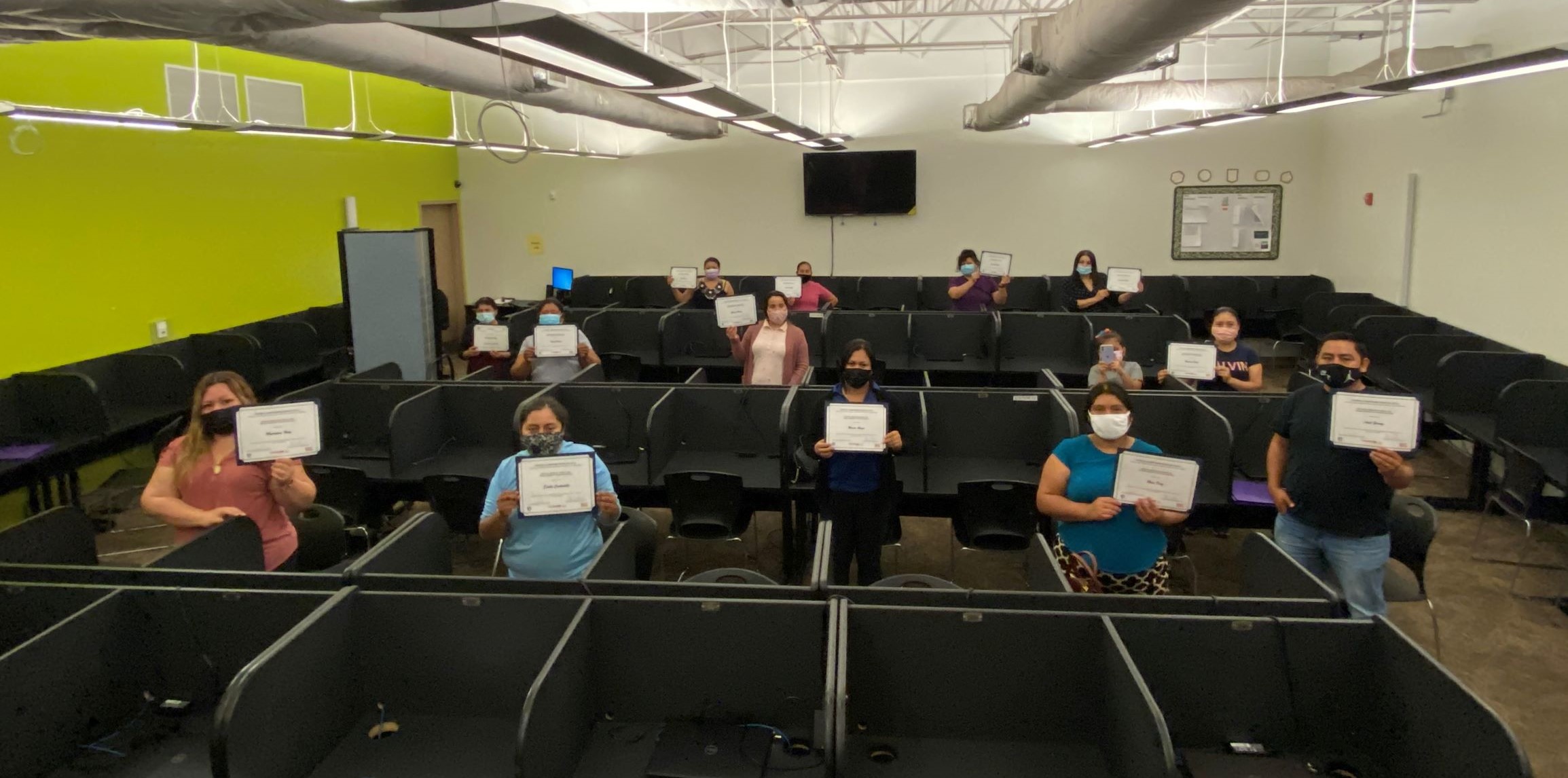
At Para Los Niños, Margarita Hernández learned to feel more at ease and comfortable using technology, and she wants to continue developing her skills. “She shared that she doesn’t feel comfortable with digital platforms and has learned to navigate the basics of Zoom to attend parent information meetings. While participating in PC Ed-Tech, Ms. Hernandez has learned about other platforms her children use for distance learning,” the Affiliate shares. Thanks to this program she also learned to schedule a Zoom call with her family, making physical distance from loved ones easier to deal with.
Beyond school support
José Rodríguez used his vast experience as a teacher and community leader to develop a program that would resonate with parents wanting to be there for their kids the best way that they could during the school closures. He even shared personal tools he had developed with the cohort to make the lives of parents and children bearing with the pandemic more manageable.
As Amistades explained: “In one of the sessions, the facilitator shared an idea from the program developer, José Rodríguez, who had suggested creating a school box. This school box had colored pencils, pencils, paper, ruler, and homework assignments. The kids take out their school box every morning and set up their learning area. Once school is over, they pack their box and put it away. Mrs. Ramírez created a box for each of her children and taught them how to use it. She said that that was one of the best ideas!”
Just as the “Community Resource Map” Affiliates participating in Padres Comprometidos create with information about their school district, PC Ed-Tech created a “Virtual Community Resources Map” with valuable information about resources parents could access during the pandemic.
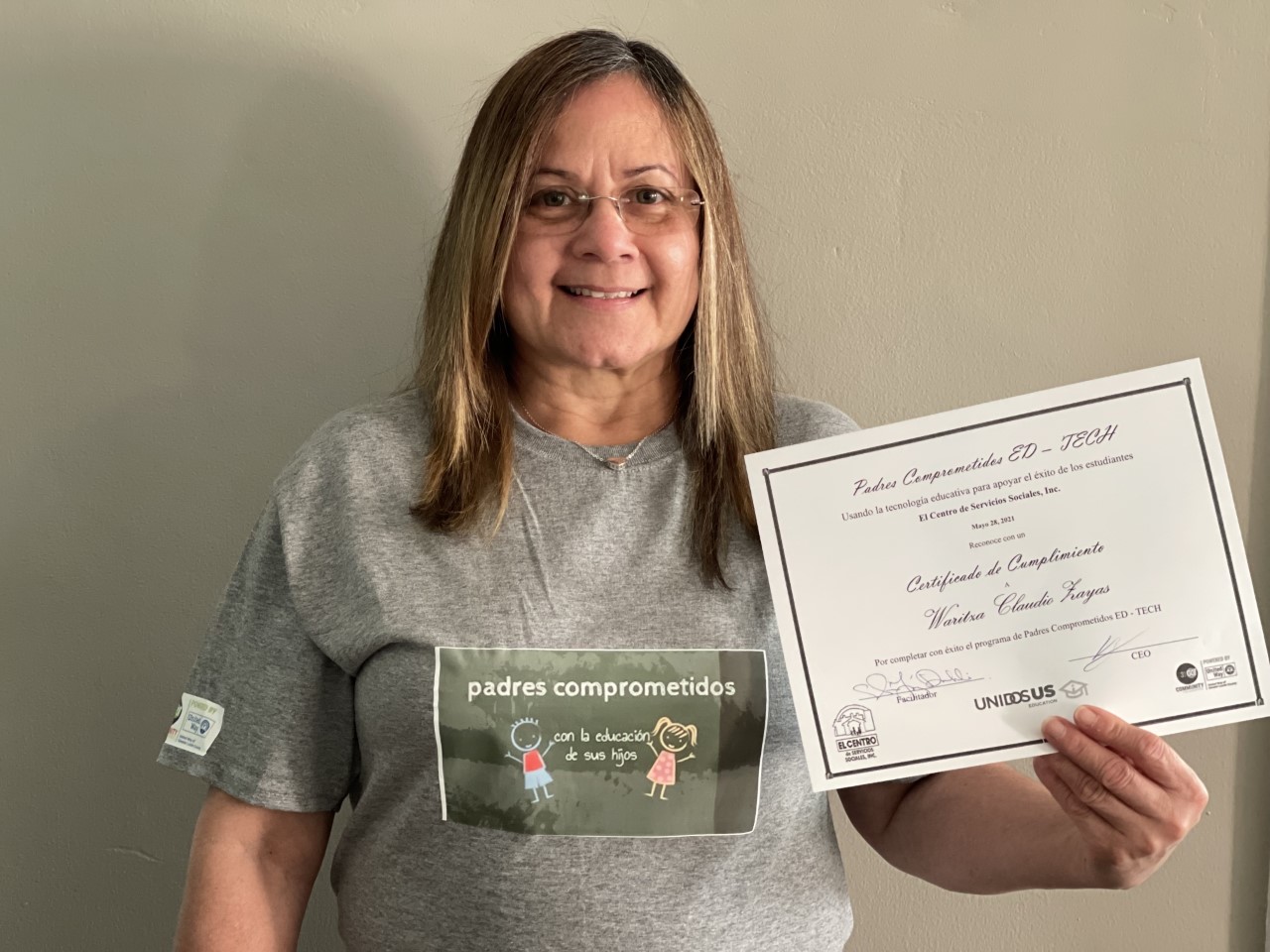
More than that, the curriculum focused on the participants’ social-emotional well-being, and the Affiliates also delivered webinars on how to manage anxiety and help children manage theirs. For example, El Centro de Servicios Sociales shared Carmen Santiago’s story, a Puerto Rican mother and wife who had to isolate from her family for two and a half months after contracting COVID-19. Carmen joined PC Ed-Tech as soon as she heard about it, and thanks to it, “she learned that it’s okay to be afraid, and that there are ways of coping with all the stress she was reflecting upon her children. Now, she utilizes breathing techniques and can distinguish when her children need to release stress,” the organization explained.
Distanced connection
José has been leading Padres Comprometidos since he joined UnidosUS in 2013, and while this new era of online learning, may have distanced him from Affiliates and participants in real life, it has actually brought him closer to them: “I feel more connected to parents now, guiding them through online sessions.”
He has also been able to see the kids of participants show up on camera and say hi, as well as being able to join graduation ceremonies and witness firsthand how these virtual meetings became a safe space for the parents. “I love these meetings,” a parent shared during one of the sessions José attended. “They’ve given me the opportunity to unwind, and now I see that I am not alone.”
“This program was greatly needed,” José expresses. He told these parents what he felt: “We are a family that worries about you. Let us hear your voice through these services,” and they let him.
Follow @WeAreUnidosUS and #EsperanzaHope4All to continue hearing voices from our community sharing their struggles and stories of success.

